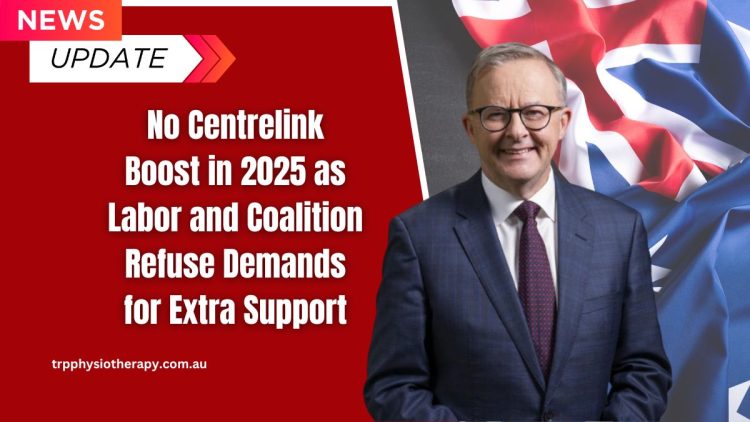Despite mounting calls from Australians who rely on Centrelink support, both Labor and the Coalition have firmly stated that there will be no increase to Centrelink payments beyond the standard inflation-linked indexation.
This decision comes at a time when the rising cost of living has made it increasingly difficult for many Australians to make ends meet.
Centrelink Recipients Struggle to Cope with Rising Living Costs
For Australians receiving Age Pension, JobSeeker, Youth Allowance, and other forms of financial aid, meeting basic needs has become a growing challenge.
Although Centrelink payments typically increase several times each year to keep up with inflation, recipients argue that these adjustments are insufficient to address the escalating cost of living.
Marge, a retiree, voiced her frustrations during an appearance on ABC’s Q&A program, highlighting the minimal impact of the latest pension rise. She pointed out that the increase for a couple amounts to a mere 25 cents per day per person.
She questioned how the government could claim to understand the struggles of the population when the financial relief provided is so small.
Many Australians share this sentiment, arguing that Centrelink payments need a significant boost, not just small adjustments tied to inflation, to adequately reflect current living expenses.
Labor and Coalition Refuse to Implement Larger Payment Increases
Despite these concerns, both major political parties have declined to implement any substantial increases in Centrelink payments.
Labor maintains that they are supporting low-income Australians through other measures, such as energy bill relief and cheaper medicines. However, they have made it clear that raising Centrelink payments is not part of their current agenda.
Clare O’Neil, Minister for Housing and Homelessness, stated that the Labor government has no plans to increase payments. She emphasized that while the government strives to ease financial pressures in the budget, an increase in Centrelink payments is not being considered at this time.
On the other hand, Michael Sukkar, the Shadow Social Services Minister, acknowledged the growing issue of the “working poor” in Australia. He highlighted the dire situation of individuals who work long hours but still struggle to afford basic living expenses.
Despite the frustration over these conditions, Sukkar explained that raising social security payments is a complex issue and not always immediately feasible.
The Coalition has echoed similar views, arguing that Centrelink payments have already been adjusted in line with inflation. They maintain that the system is designed to automatically adjust to economic changes and that any further increases would put long-term financial strain on the country’s budget.
Pressure Mounts as Election Approaches
As the federal election draws nearer, there is increasing pressure on both Labor and the Coalition to take more concrete action. Australians, including pensioners, single parents, and unemployed individuals, continue to express their dissatisfaction.
They are not asking for extravagant changes but simply seek enough financial support to cover rent, pay bills, and provide basic necessities without the constant stress of financial insecurity.
While both political parties have held firm on their positions, the public’s demand for change may influence future discussions. The key question remains whether this pressure will translate into meaningful changes for those who need it most.
The ongoing debate around Centrelink payments underscores the financial challenges faced by many Australians. With rising living costs and minimal payment increases, the question remains whether the government will respond to the growing pressure from recipients and make meaningful changes in the near future.
As the federal election approaches, both Labor and the Coalition will likely face continued scrutiny over their handling of social welfare programs.
FAQs
Why are Centrelink payments not increasing beyond inflation indexation?
Both Labor and the Coalition argue that the current system already adjusts payments in line with inflation. The government is exploring other forms of support, such as energy relief and healthcare subsidies.
What has been the reaction from Centrelink recipients?
Many recipients, including pensioners and young people on Youth Allowance, are expressing frustration with the current payment levels, claiming that small increases are insufficient to meet rising living costs.
Are there any plans for a significant increase in Centrelink payments?
Both major political parties have ruled out a substantial increase in payments, stating that the adjustments made are already sufficient and part of a sustainable financial model.

